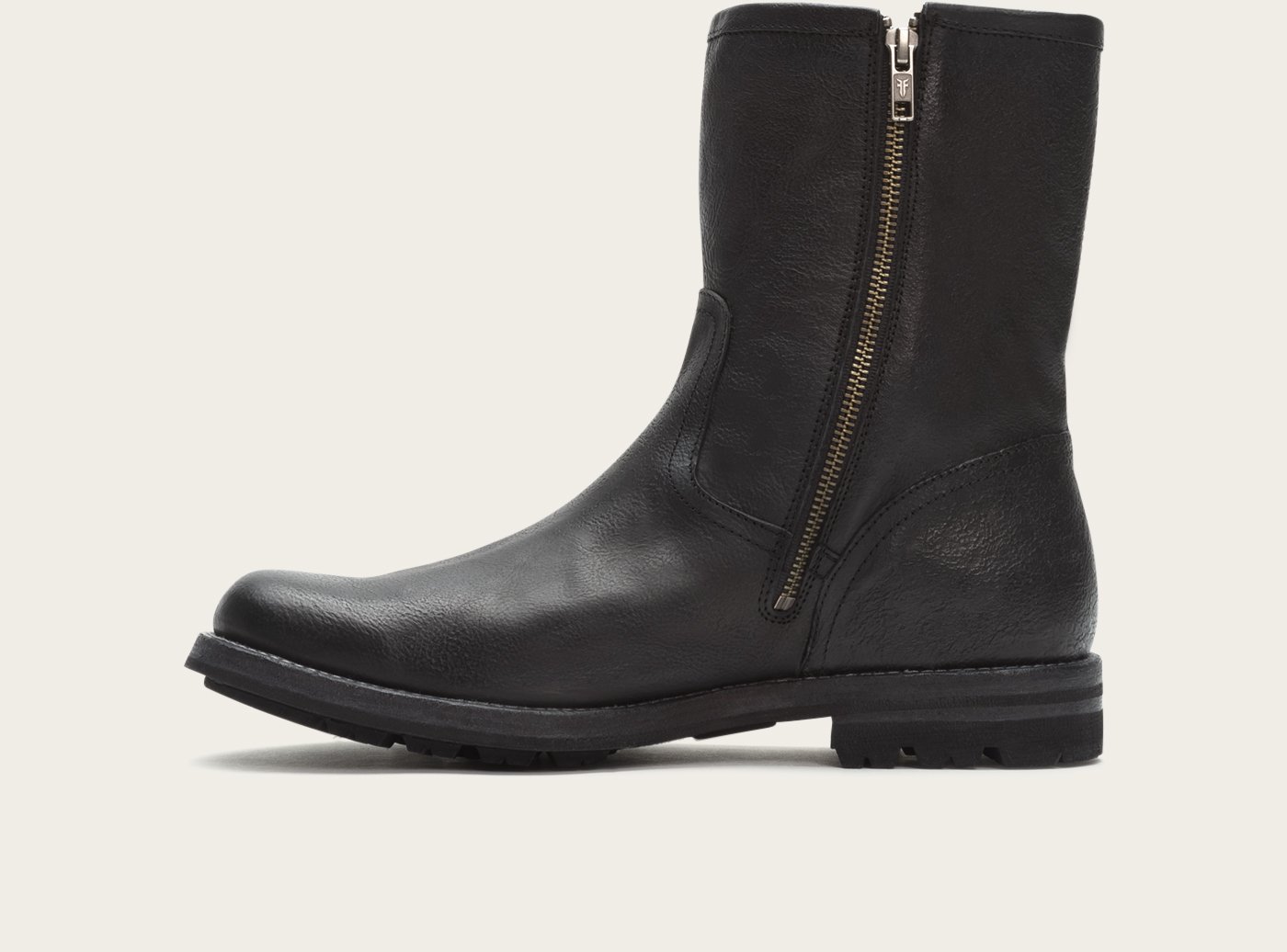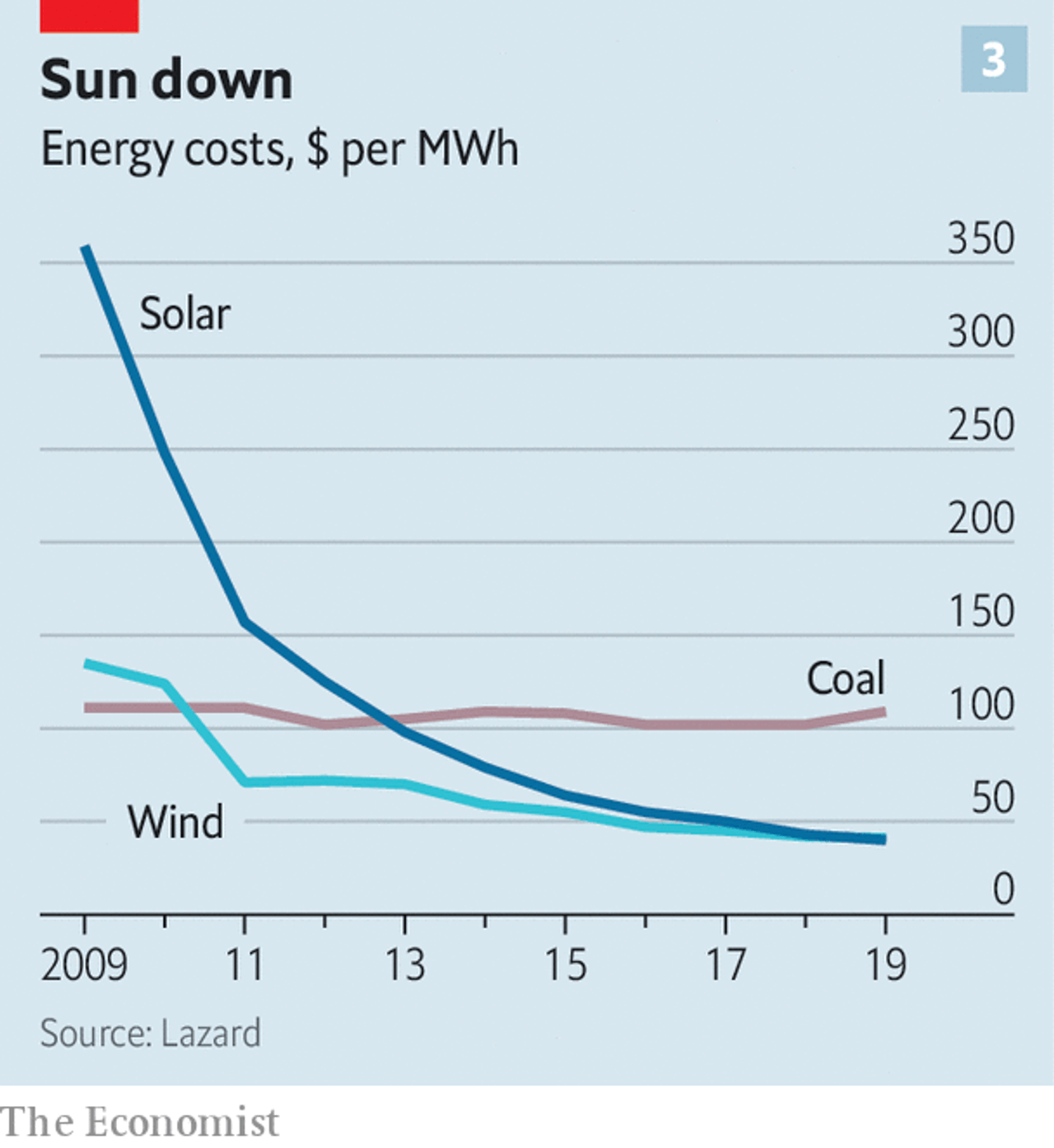3 stars (out of 4)
Common Scholarship Application Deadline: February 05 2019 at 02:00 PM PST Rules for Applying You must agree to the following terms to apply: Application year. 2019. This application must be completed by you (the applicant). Parents, guardians, counselors, teachers or others can only provide information and review the application. The Dreamer/The Believer is the ninth studio album by American rapper Common.It was released in the UK on December 19, 2011 and in the US on December 20 through Warner Bros. Records alongside Common's newly launched Think Common Music Inc. Common's longtime friend and frequent collaborator No I.D. Handled the album's production entirely himself.
Common spent so much of his career proffering earnest tales of self-empowerment and moral struggle that his 2008 album, “Universal Mind Control,” came as a shock to his followers. Brimming with lackluster club-oriented tracks and high-roller clichés, it came off as a transparent attempt to crash the pop charts.
With his Hollywood and TV career in full gallop, Common appeared to be pulling away from the music that once inspired one of his greatest rhymes (his 1994 ode to hip-hop, “I Used to Love H.E.R.”). But his ninth studio album, “The Dreamer/The Believer” (Warner), gamely tries to jump-start his career by returning to his ‘90s foundation: uplifting songs about everyday folks rising above their circumstances, and the production work of No I.D. (Dion Wilson), with whom he collaborated on several of his best early albums.
Born Lonnie Rashid Lynn on the South Side, Common remains symbolic of a certain Midwestern-bred style of hip-hop, a blue-collar MC whose style has rubbed off on kindred spirits Kanye West, Rhymefest and Lupe Fiasco. Perhaps no other MC would frame an album with cameos from the poet Maya Angelou and his own worldly wise father, as Common does on “The Dreamer/The Believer.”
No I.D. is an equally important element in Common’s attempt to get back on course. His style owes to the expansiveness of ‘70s “dusties” soul, placing a premium on pleading vocals, horns, and stepping grooves that glide rather than stomp. The producer arrays gauzy female backing vocals and softly ringing keyboards over a big, steady snare beat on album-opener “The Dreamer,” while Common free-associates vague encouragement: “Maybe I’m a hopeless hip-hop romantic … thought about my daughter for a second … the world is at my fingers … at the mountaintop ya still gotta dream to the dreamers.” Angelou bats clean-up, closing the song with a poetic history lesson.


Set against the more flamboyant stylists of the last decade, Common sounds almost quaint. He’s so ‘90s, but he sounds at home there. No I.D. keeps the melody flowing, with vocalists Makeba Riddick and James Fauntleroy II taking turns singing hooks, and building gospel-tinged celebrations out of some of the unfunkiest music ever made (samples from ELO and Kenny Loggins).
Common sees God and Run-DMC amid “Blue Sky” when he thinks about his childhood, and John Legend lays a giant gospel hook atop “The Believer” that sends the rapper sifting through a “violent culture” for inspiration. He flexes his battle-rhyme muscles on “Sweet,” and trolls the clubs in search of booty on a handful of throwaway tracks with some truly atrocious puns (“aware of her chest because I stay abreast”; “what’s in front of me is this great behind”).

Between the we-shall-overcome optimism and the get-loose lustiness, Common and No I.D. combine to deliver a knockout track that defines the album. “Lovin’ I Lost” finds the MC reflecting on a relationship over a melancholy Curtis Mayfield falsetto-vocal hook and simmering, string-accented beat. Though it could be interpreted as a break-up song, it also could be heard as a desire to make amends with hip-hop, to rediscover its essence, after a few years of straying.

“We used to move together,” Common reminisces. “The Dreamer/The Believer” is a step toward reconciliation.
The Dreamer The Believer Zip Common Apparent
greg@gregkot.com